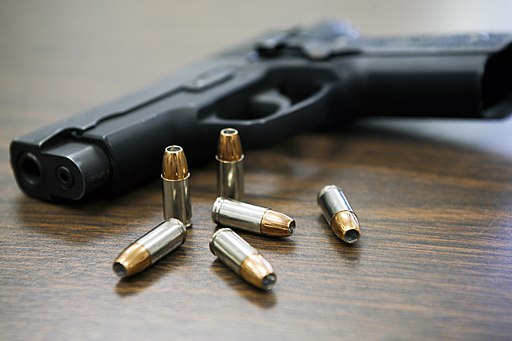
Although premeditated school shootings that cause injury or death are often charged as adult-level felonies, few juveniles who have merely brought a gun to school have been charged as adults. But the Parkland shooting and the recent prosecution of a 16-year-old who fired a single round in an empty school parking lot, could change this. Read on to learn more about why this student, who had no prior criminal history, has been charged as an adult and what this could mean for other gun-related campus crimes.
Factors Prosecutors Consider When Deciding Whether to Try Juveniles as Adults
Because of their special status as minors, which leaves them unable to make certain decisions (like whether to waive Miranda rights or plead guilty) without the assistance of a parent or attorney, juveniles who commit crimes are treated differently under the law than adults who commit the same crimes.
Juvenile delinquency proceedings involve the same general constitutional considerations as adult cases but are classified as civil matters. This means the juvenile's name won't be released to the media, the juvenile's record may be sealed to future employers or educators after he or she turns 18, and he or she may even be able to have these criminal records expunged. Adult crimes, on the other hand, are public record, may be easily searchable by potential employers, and can be used as an "aggravating factor" if the adult is later charged with additional crimes.
Prosecutors generally have the discretion to choose whether to try certain juveniles as adults; this decision often depends on the severity of the crime, whether the juvenile already has a lengthy criminal history, and whether the juvenile will turn 18 while the case is pending.
What Could This Decision Mean for Other School-Related Gun Crimes?
Florida prosecutors recently decided to try a 16-year-old middle school student as an adult after this student stole a handgun from his grandmother, loaded it, brought it to school on at least two occasions in April 2018, and fired one round into a parking lot. This student was charged with grand theft, possession of a weapon on school property, discharge of a weapon on school property, and possession of a firearm by a minor. Although this juvenile has no criminal history, the county prosecutors determined that the nature of the offenses were serious enough to warrant adult criminal charges.
The firearm wasn't recovered after police learned of it; the juvenile claimed that someone stole it from his bookbag, and was overheard threatening to "beat up" other students if they didn't return it. As of the time charges were filed, the firearm still had not been located.
This incident and the resulting charges could be the sign of a statewide trend toward charging students as adults when they bring a gun to school. After February 2018's Parkland shooting, perpetrated by an individual who already had an extensive history with the juvenile justice system, many prosecutors and law enforcement officers have indicated their desire to err on the side of public safety when ensuring the state's schools remain gun-free.
When May Juveniles Be Tried as Adults in School Gun Crimes?
Categories: Criminal Defense
